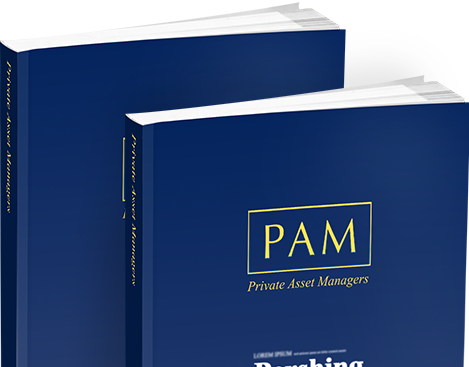The government has reduced tax planning opportunities involving trusts for UK resident and domiciled individuals. There are still limited tax planning options for offshore trusts for non-UK domiciled individuals, however, as we explained in chapter four.
The use of trusts was reduced further, through the so-called alignment of the IHT treatment of accumulation and maintenance and interest in possessions trusts with discretionary trusts from the March 2006 Budget. This means if you transfer more than the nil rate band (currently £325,000) into one of these trusts, you will face a 20 percent tax charge on the excess capital. Every 10 years, there will be a six percent charge on assets within the trust above the nil rate band.
You can still use any trusts and not face the new tax charges, as long as the amount transferred into the trust is below the nil rate band. For example, you can still use nil rate band trusts. With these trusts, you can transfer assets into the trust up to the nil rate band. If you live for seven years after making the transfer, these assets are no longer within your estate for IHT purposes (provided that other conditions are fulfilled). With the new IHT regime on trusts discussed above, advisers recommend that you begin planning earlier in life and set up a nil rate band trust every seven years. If you and your partner each set up a nil rate band trust three times in your lives, this means under current rules that £1,950,000 million would be free from IHT.
You can make outright gifts outside of a trust for any amount and it will be free from IHT if you live for another seven years, which is known as a potentially exempt transfer (PET).
With bare trusts, you can transfer as many assets as you want and if you live for another seven years they will be free from IHT. Effectively, bare trusts are treated the same as an outright gift to children, or other beneficiaries that benefit from PET. There is no flexibility with bare trusts, however. Bare trusts can only have one beneficiary and this beneficiary cannot be changed. The beneficiary has an absolute right to the trust assets aged 18 and, in theory, can ask for access to the money before they reach this age.
When using trusts, it is important to remember that usually the money leaves your estate and you cannot retain access to the capital. Therefore, you must be sure you can afford to give away this money.
One form of trust in which you do retain access is a loan trust, although you would not be a beneficiary of the trust. When you pay money into a loan trust, it is not subject to the 20 percent tax. This is because it is a loan, does not leave your estate, so does not have any value under the new IHT regime for trusts. The attraction of loan trusts is that capital growth within the trust is outside your estate, so is free from IHT. But if the capital growth is worth more than the nil rate band on the 10-year anniversaries, it will be subject to the six percent tax.
The PAM Directory is a comprehensive guide on comparative data focusing on asset managers, investment managers, private banks, stockbrokers, wealth managers and multi-family offices, who provide discretionary and/or advisory portfolio management services for private clients.
Order Now
Subscribe to PAM to hear about the latest news and promotions
Site Content Copyright PAM Insight Ltd 2016
This option is not available when logged in as a Private Asset Manager.
For registering with PAMonline. You should now receive an email asking you to verify your email address. If you do not receive this email, please call +44 (0)207 967 1601 for assistance.
To reset your password please enter code below.
To restore your password please enter your email below.
To see full information of the Private Asset Managers, plus the opportunity to rate and follow, login or register
For registering with PAMonline.
You should now receive an email asking you to verify your email address.
If you do not receive this email, please call +44 (0)207 967 1601 for assistance.
To return to the Home page, click here
To see full information of the Private Asset Managers,
plus the opportunity to rate and follow, login or register.
Please fill in all the fields.
To activate your account enter valid activation code below.
To resend activation email type in your registered email address below. Or contact the PAM office on +44 (0)20 7967 1608 to get instructions to activate your account.
